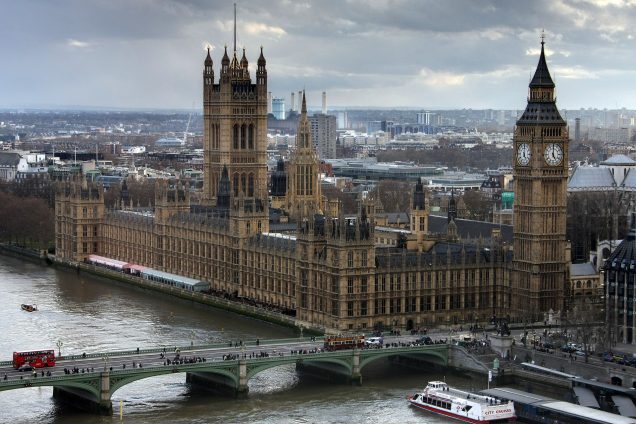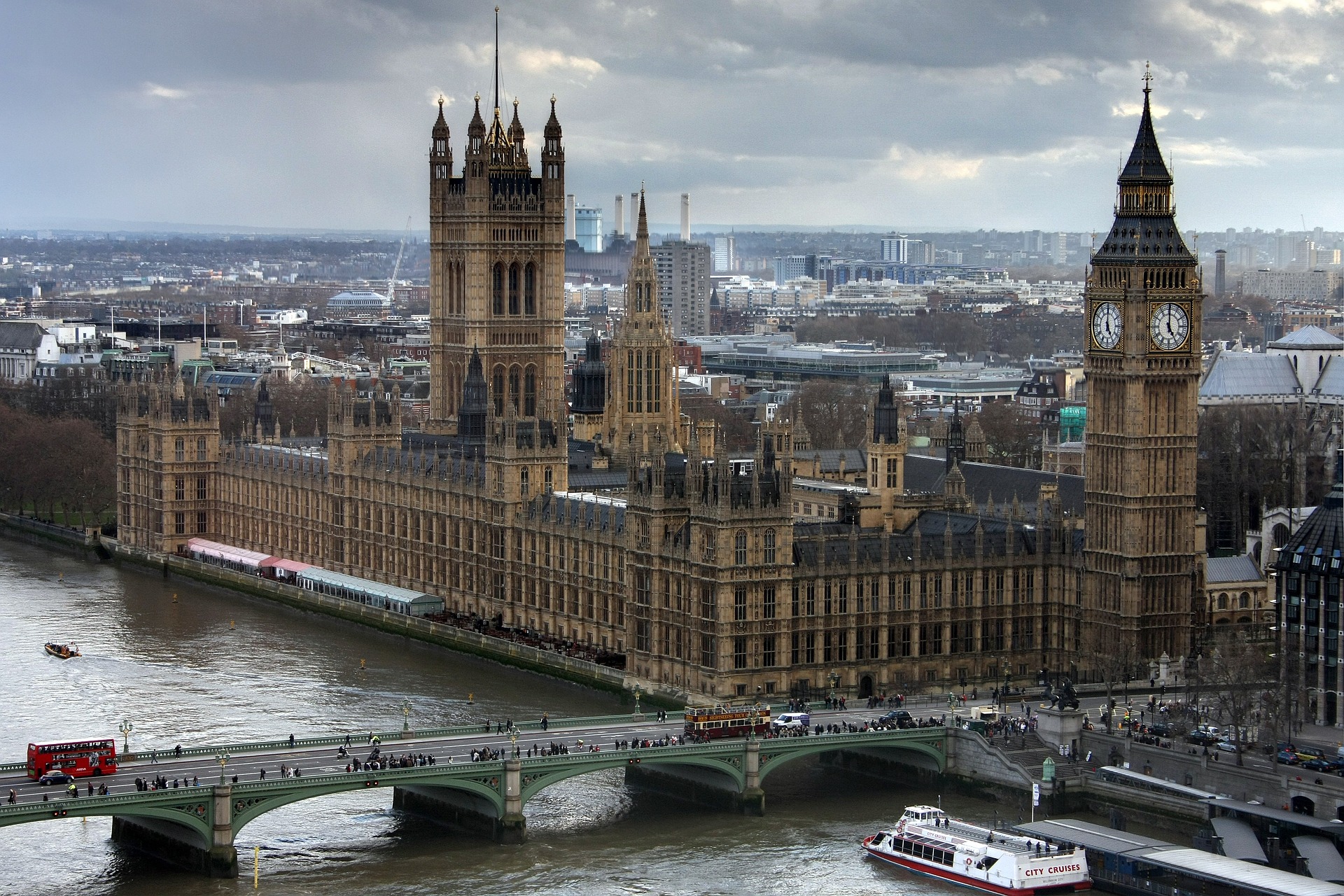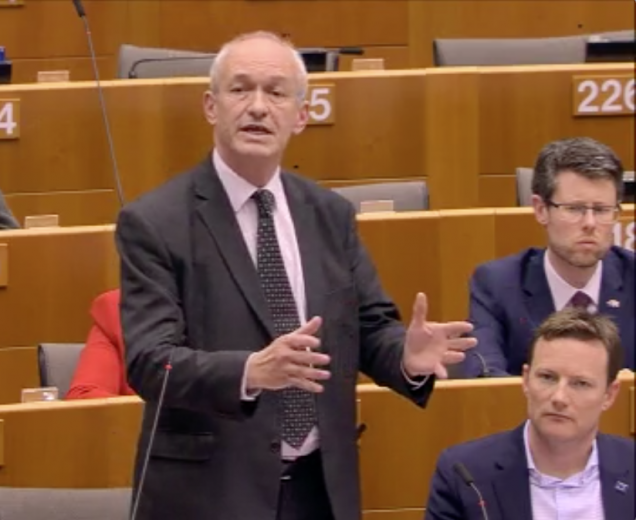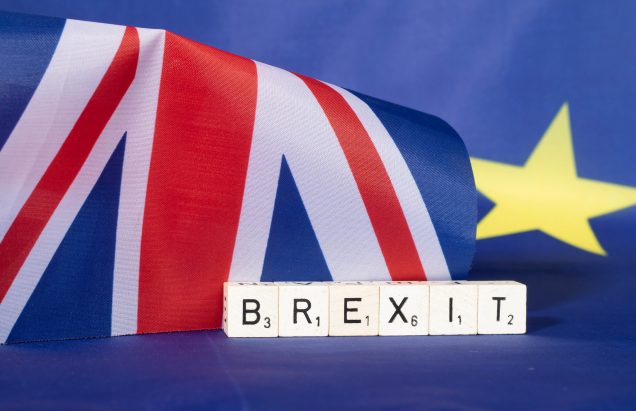Brexit has illustrated once again that the British press and politicians immersed in the notorious ‘Westminster bubble’ tend to forget that continental politicians, journalists and diplomats – most of whom speak and read English well – are also watching the debate. The idea that strategies and tactics can be discussed in London and then sprung upon unsuspecting negotiators in other European capitals is widespread, but entirely without credibility.
In informal conversations I have had today with ministers, diplomats and officials from the EU27, I have been struck by how aware they are of the internal shenanigans of British politics when it comes to Brexit. They have been watching Westminster carefully and noted arguments and voting patterns of both the Conservative and Labour parties.
The (narrow) vote on Tuesday to support the ‘Brady amendment’ requires Theresa May to request the EU27 reopen the withdrawal agreement and replace the ‘backstop’ for the Irish border with ‘alternative arrangements’. But, it does not spell out what alternatives are actually envisaged. My continental (and Irish) friends are well aware that many of those MPs who voted for it don’t expect it to actually happen. They can see that this was an operation about fake party unity rather than a genuine attempt to find a solution.
They are quite shocked that the Prime Minister supported an amendment to do something she herself had said, just ten days earlier, was not possible or desirable. They also point out that the backstop (or, more accurately, ‘safety net’) provision was already a concession to the UK, made at the UK’s request, as the EU27 had not initially wanted a temporary UK-wide Customs Union with the EU as a backstop, but had instead proposed Northern Ireland-specific measures. So Theresa May is now in the peculiar position of asking to remove something that she had specifically requested – and for it to be replaced with something as yet undetermined!
Furthermore, despite Theresa May’s attempts to present the backstop as the only remaining contested aspect of the withdrawal agreement amongst MPs, they can see that this is clearly not the case, and so our European friends (like the rest of us) can see that even concessions on the backstop are unlikely to secure a majority for the deal in the Commons.
They also find the 14 February deadline, that Theresa May has set herself for returning to the House of Commons for a second ‘meaningful vote’ on the (new) deal, to be somewhat problematic. Even if a new deal emerged from negotiations, any sign-off would need a European Council meeting (all 28 heads of government), implicitly needing to ask Prime Ministers and Presidents to drop everything they have planned in order to rush off to Brussels sometime the week after next.
European politicians are wary that the UK government (and media) will play an all too familiar blame game. It does not require a crystal ball to predict claims that “the EU is disrespectful of the votes of the UK parliament” or “the nasty EU are bullying us”. Like the UK government, the EU also has to respect its parliament, which has to approve any deal, and the European Parliament has insisted on the backstop, as it cannot and will not be seen to be endangering the Good Friday Agreement which has brought more than twenty years of peace and increased prosperity to the island of Ireland after the dark decades of ‘the Troubles’.
Finally, my European colleagues note that the UK government is taking one amendment (Brady) as a serious mandate for the Prime Minister to demand renegotiations, but are dismissing the significance of the other amendment (Spelman) which explicitly rejects leaving the European Union without a deal. But if a deal is not reached soon, to avoid a no deal departure, the UK government will have to ask for an extension to the Article 50 deadline. They think that a three month extension is the most likely request – any longer extension would mean that the UK would be obliged to participate in MEP elections in May, which would be difficult to avoid in a legally watertight way.
And their conclusion? They now think chances of a no-deal Brexit on 1 July have grown and, unless Britain changes course, that this is now the most likely outcome.







8 Comments